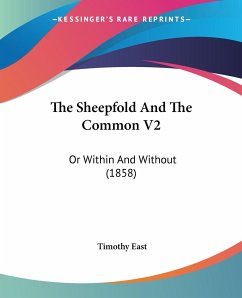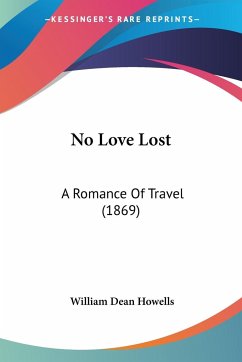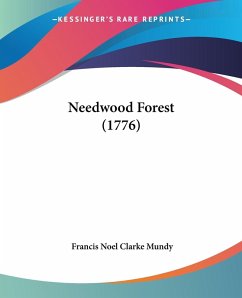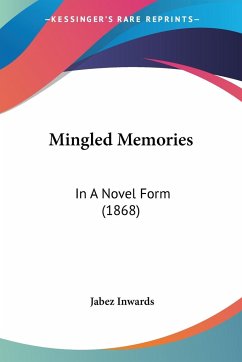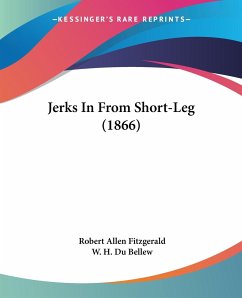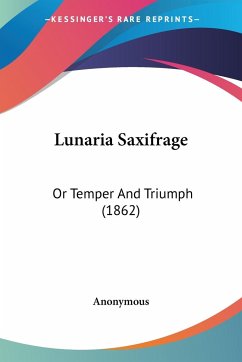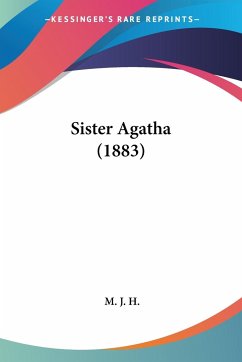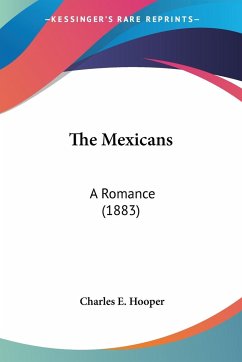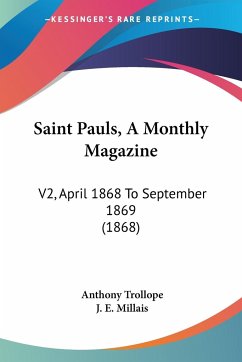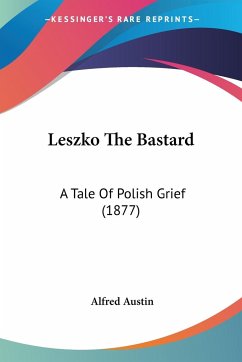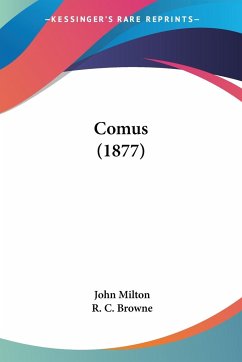
Comus (1877)

PAYBACK Punkte
10 °P sammeln!
Comus is a play written by John Milton in 1634 that was first performed at Ludlow Castle in 1637. The play is a masque, which is a type of entertainment that was popular in the 17th century, combining music, dance, and poetry. Comus tells the story of a young woman named Lady who becomes lost in the woods and is lured by the evil sorcerer Comus, who tries to seduce her. The play explores themes of temptation, virtue, and the power of reason over passion. In this edition, the play is presented with an introduction and notes by A.W. Verity, providing context and analysis for modern readers.This ...
Comus is a play written by John Milton in 1634 that was first performed at Ludlow Castle in 1637. The play is a masque, which is a type of entertainment that was popular in the 17th century, combining music, dance, and poetry. Comus tells the story of a young woman named Lady who becomes lost in the woods and is lured by the evil sorcerer Comus, who tries to seduce her. The play explores themes of temptation, virtue, and the power of reason over passion. In this edition, the play is presented with an introduction and notes by A.W. Verity, providing context and analysis for modern readers.This scarce antiquarian book is a facsimile reprint of the old original and may contain some imperfections such as library marks and notations. Because we believe this work is culturally important, we have made it available as part of our commitment for protecting, preserving, and promoting the world's literature in affordable, high quality, modern editions, that are true to their original work.



